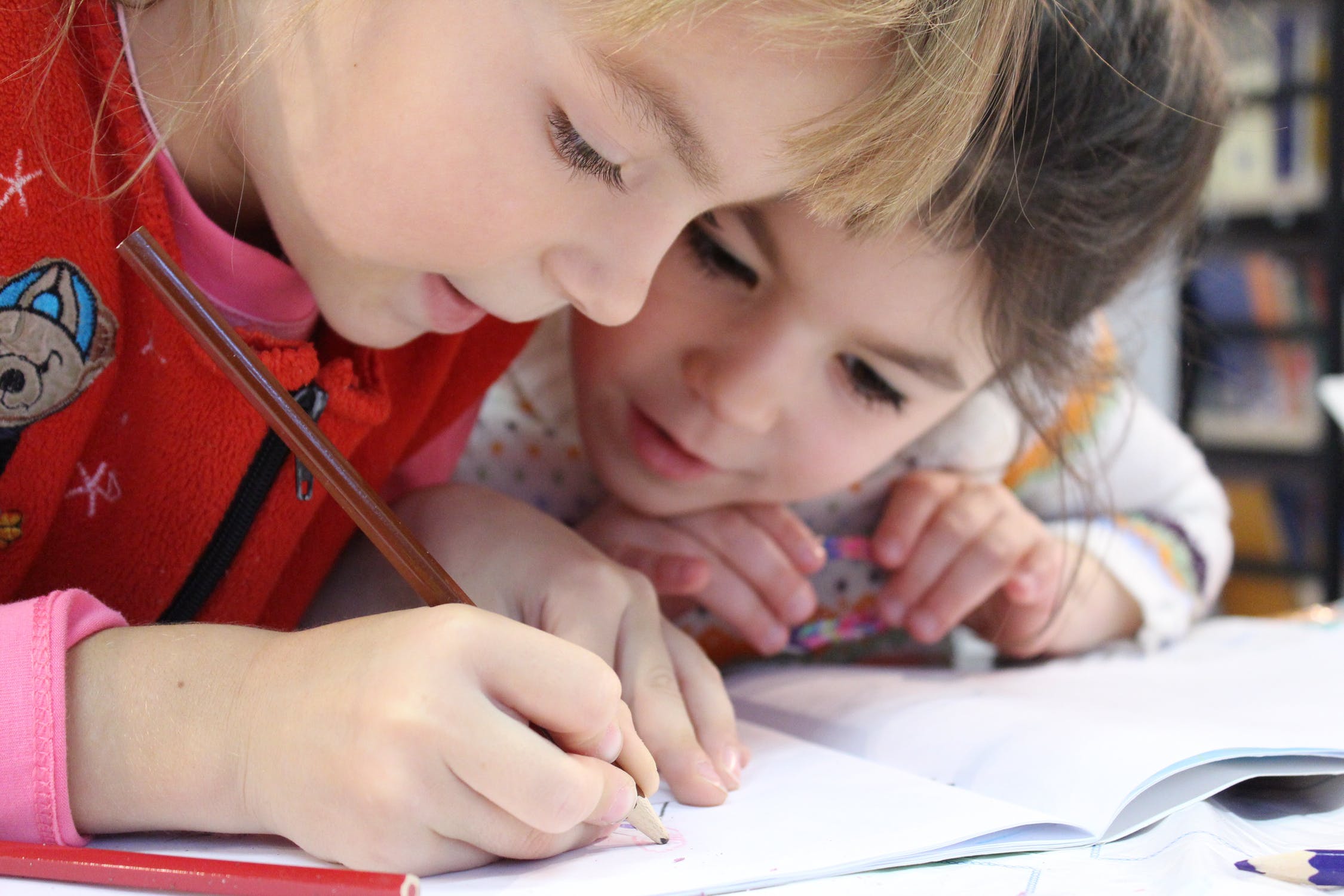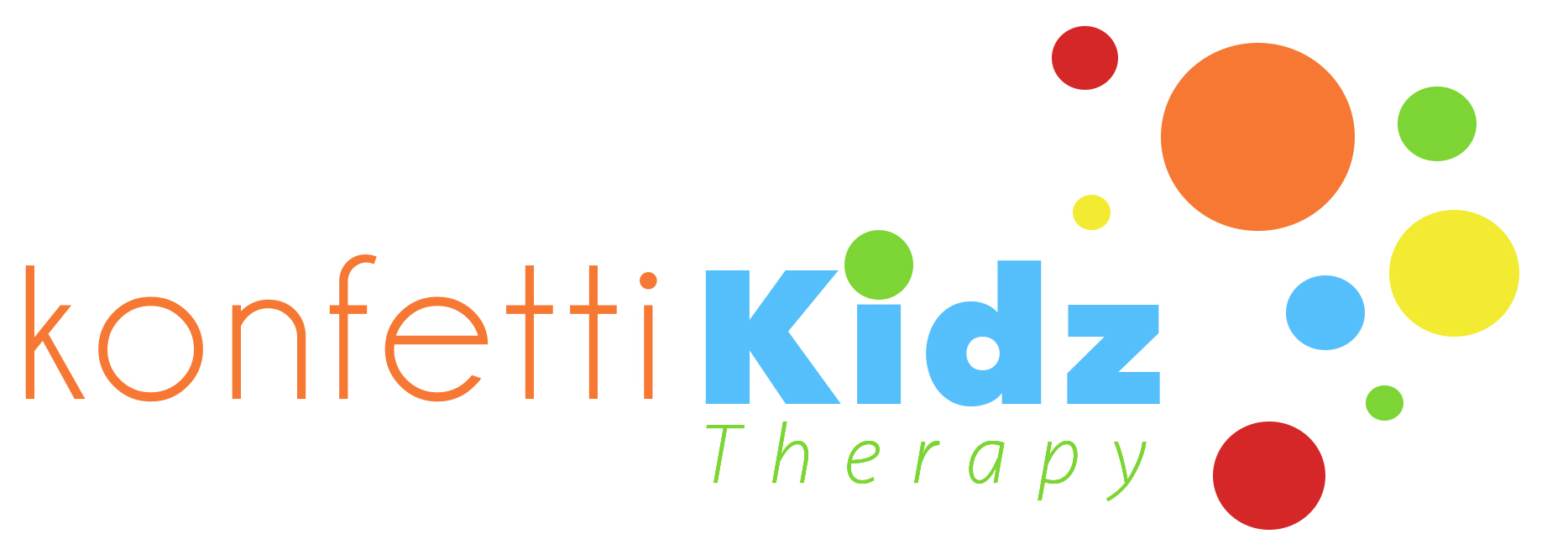How can you tell if your child has problems with any of the following skills.
Play Skills
Social skills
If a child has difficulties with play skills they might:
- Have poor attention and concentration
- Jump from one activity to the next without actually playing with the item
- Have inability to participate in pretend play
- Overturn toys on the floor
- Have difficulty taking turns/sharing
- Get upset when they ‘lose’ a game
- Be unaware of others and fails to read others feelings based on their verbal and non-verbal cues
- Have trouble expressing/regulating emotions
- Find it difficult to make and maintain friendships
- Always require an adult to play with them
- Have repetitive or narrow interests in toys/play
- Prefer to play alone
- Interrupt frequently
- Be unable to maintain a topic of conversation and provides irrelevant comments during a conversation
- Speak ‘at you’ in a conversation versus engaging in a two way conversation
- Not understand the consequences of their actions
If a child has difficulties with social skills they might:
- Not use eye contact or stares at you fixedly
- Not be able to take turns when talking to their communication partner
- Struggle with using appropriate body language (e.g. stands too close/far to another person)
- Fail to use polite forms of communication (e.g. saying: please, thank-you, hello and good-bye)
- Be unable to start and end conversations appropriately
- Interrupt others frequently
- Be unable to maintain a topic of conversation and provides irrelevant comments during a conversation
- Talk ‘at you’ in a conversation as opposed to engaging in a two way conversation ‘with’ you
- Not ask appropriate questions
- Repeat information in conversation and tend to talk about topics of their own interest
- Show little or no interest in what the other person has to say
- Fail to understand jokes and language, such as sarcasm, idioms and non-literal information
- Interpret what you say in a very literal way
- Talk with unusual speed, stress, rhythm, intonation, pitch and/or tone of voice
- Be unable to understand different tones of voice or read facial cues
- Fail to ask for clarification if they are confused or if the situation is unclear to them
- Struggle to respond appropriately when asked to change their actions
- Tend to disclose (excessively) personal information to unfamiliar people or strangers
- Appear unaware of others and fail to read other people’s feelings based on their verbal and non-verbal cues
- Be unable to respond to teasing, anger, failure and disappointment appropriately
- Be unable to adjust or modify their language appropriately according to the communication situation
- Lack empathy
- Lack imagination
- Appear self-centered
- Fail to understand the consequences of their actions
Social Group Programs
(Mondays & Wednesday)
Social Skills Groups
Konfetti Kidz Therapy offers social skills groups to preschool and elementary school aged children who have difficulty understanding implied social norms and engaging with peers. Our teaching model is based on the Social Thinking program developed by Michelle Garcia-Winner. Our goal is to teach children to attend to a situation and adapt their behavior in a way that will improve the ability to successfully develop relationships and be part of a group. We aim to improve perspective taking and social self-awareness through engaging, fun activities and play. Parents/Caregivers will be provided with information related to skills taught in each session in addition to suggested extension activities that will assist in developing skills at home and in the community. Our Social Thinking program meets twice a week for 5 weeks and sessions are 30 minutes long. The program is led by a licensed Speech Therapist. In order for the child to benefit from this program, the child should be able to follow one step directions, sit for at least 15 minutes straight and be able to communicate verbally. Groups consist of up to 4 children. We have groups for children ages 4 – 6 and 7 – 10. Note: This program, including its teacher/leader, is not affiliated with, nor has it been reviewed, approved or endorsed by Michelle Garcia-Winner and Think Social Publishing, Inc.


(Tuesday & Thursday)
Play Groups
Konfetti Kidz Therapy offers structured play groups for children ranging from 3 to 8 years of age. Our licensed Speech and Occupational therapists work to improve the skills needed for the child to participate in successful play-based interactions with peers by facilitating pre-linguistic skills, verbal language, social skills and different types of play. Our play groups teach the child greetings and farewells, how to initiate conversations, how to request and comment, how to take turns and how to follow routines of common play activities. We introduce the child to different types of play such as symbolic, associative, imaginative, competitive and constructive play. Our play groups consist of up to 4 children and meet once a week for 9 weeks. Sessions are an hour long.
(Fridays)
Handwriting Without Tears
Konfetti Kidz Therapy offers small group sessions utilizing the Handwriting Without Tears approach, which is a simple, developmentally based curriculum that helps build writing readiness as well as basic writing skills using a multi-sensory approach to learning. Group sessions will address all underlying areas and prerequisite skills needed to ensure appropriate writing skills such as postural control, grasping patterns, fine motor skills, and pre-writing skills. Groups can be divided by age and levels including an early learning group, for ages 2-3 (Get Set for School) which will target handwriting readiness such as pencil grasp, fine motor, coloring, and imitating skills. For children between 4-6 years old, groups will target postural control, grasping skills, letter formation for uppercase and lower-case letters, as well as copying words. This program, including its therapist/leader, is not affiliated with, nor has it been reviewed, approved or endorsed by Jan Olsen and/or Handwriting Without Tears, Inc.

When a child has social skill difficulties, they might also have difficulties with:
- Behavior:The child’s actions may not be suitable in relation to their environment.
- Sensory Processing:The child may have trouble focusing and have difficulty interpreting information they receive from the environment.
- Academics: The child may misinterpret verbal or written instructions for tasks and/or struggle with imaginative writing.
- Receptive (understanding) Language:The child may lack comprehension of language.
- Expressive (using) Language:The child may lack the use of language through speech, sign or alternative forms of communication to communicate wants, needs, thoughts and ideas.
- Voice:The child may not recognize the sound that we hear when someone talks which is unique to each person.
- Self-Regulation:The child may lack the ability to obtain, maintain or adapt their emotions, behavior, attention and activity level appropriately for a task or situation in a socially acceptable manner.
- Executive Functioning:The child may have trouble with higher order reasoning and thinking skills.
- Play Skills:The child may lack voluntary engagement in self-motivated activities that are normally associated with pleasure and enjoyment where the activities may be, but are not necessarily, goal oriented.
- Pre-language Skills:The child may have difficulties with the ways in which we communicate without using words and include things such as gestures, facial expressions, imitation, joint attention and eye-contact.
- Attention and Concentration:The child may have trouble in sustaining effort in performing activities without distraction and being able to hold that effort long enough to get the task done.
- Planning and Sequencing:The sequential multi-step task or activity performance to achieve a well-defined result.
